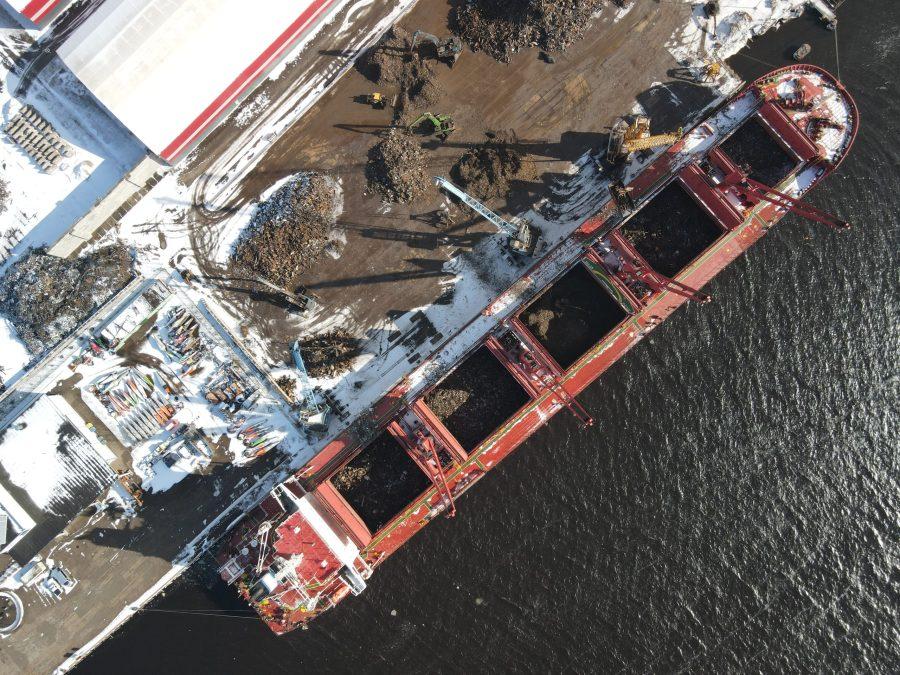A report released by Intercargo has found that the biggest contributor to loss of life among mariners in the dry bulk sector is cargo liquefaction.
The recently published Bulk Carrier Casualty Report 2013-2022, which was submitted to the International Maritime Organization in May, has just been made public.
The document demonstrates that while overall safety is improving major incidents involving loss of life are still taking place with regularity. Cargo liquefaction is still the greatest cause of loss of life associated with bulk carriers. In the past 10 years 70 lives have been lost to incidents involving cargo liquefaction. Overall, groundings remain the largest cause of ship casualties
According to Norwegian P&I club Gard, the most likely cargos to undergo liquefaction are mineral concentrates. However, other cargoes such as coal or pellet feed can also liquefy. Poor loading of cargo can allow moisture to build up. During ocean transport vibration from the ships engines can them transform previously solid cargo into a fluid state which can drastically imbalance the vessel.
The last major loss of life occurred in 2019 when the Indonesian flagged Nur Allya sank near Buru Island in Maluku. All 27 crewmen onboard were lost. The vessel was carrying a cargo of nickel ore. Two years prior, in 2017, the Chinese vessel Emerald Star was lost in the Pacific Ocean after its cargo of nickel liquefied. The vessel capsized and sank with the loss of 10 of its crew members.
Intercargo operations manager Xianyong (Joe) Zhou, says: “While the Report highlights that improvements are being made in safety, there is still clearly more to do to make shipping safer. We must continue to learn how we can best protect the lives of seafarers as well as the vessels and their cargo from damage and loss.”
International Maritime Solid Bulk Cargoes (IMBSC) code states that in order to prevent liquefaction cargo must be tested to show that it has a sufficiently low moisture content. Despite this falsified cargo declarations allow shipper to work around this. A lack of rigorous testing in certain ports also means that some cargoes may be cleared for transport when they are in fact unsafe.
While the Intercargo report represents a positive downward trend in accidents in the bulk carrier sector it also asserts that it is important to remain vigilant in order to prevent further loss of life.






